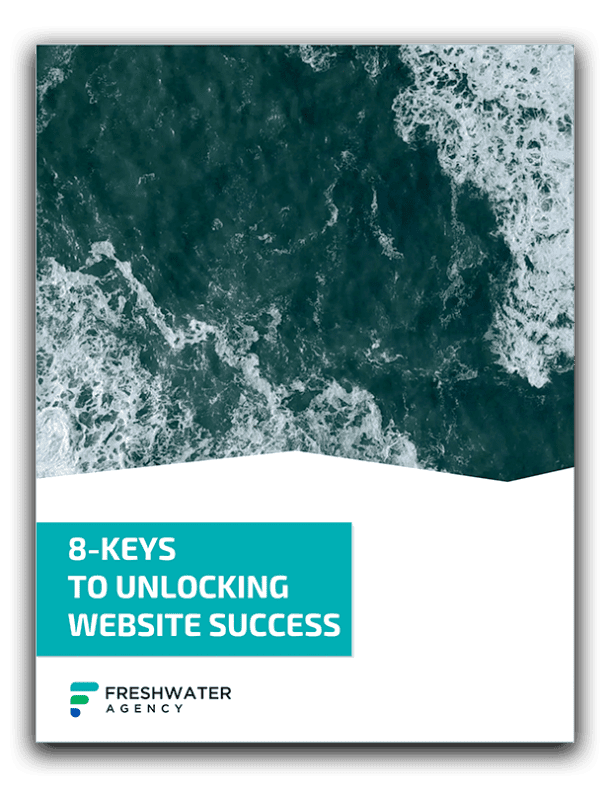Solopreneur Marketing Tips
A solo entrepreneur, or solopreneur, must wear many hats. Running a business on your own means that you’re responsible for delivering products and services, providing customer service, and promoting your business. Marketing is a particularly crucial area, as you depend on it to attract new clients.
The Challenges of Marketing Your Own Business
If you’ve been running your business for a while, you may be starting to feel like you’re spreading yourself thin in some areas. There are only so many hours in a day, and a business requires you to pay attention to dozens of details. When it comes to marketing, you always have alternatives to doing everything yourself.
The Need to Keep Costs Down
Marketing is often one of your most significant costs as a business owner. There are several factors to keep in mind.
- Marketing is never free, even if the only resource you’re expending is time. You may need to study and research marketing strategies and keep up with the latest trends.
- Marketing costs may also include spending money on advertising as well as tools and services (such as email automation services or search engine optimization tools).
- It’s important to track your marketing costs and calculate your ROI (return on investment) for each strategy.
- Hiring employees is always an option, though a costly one.
- Outsourcing is another alternative. While this is generally more economical than hiring employees, it’s still an ongoing expense.
What follows are some of the best marketing strategies for solopreneurs.
Social Media
No matter what kind of business you have, it’s fairly certain that most of your customers are using social media. There are many ways to leverage sites such as Facebook, Twitter, Instagram, and others to connect with your customers. Here are just a few possibilities.
- Maintain an active Facebook page. Your Facebook page is almost like another website. Since Facebook is, by far, the largest social media platform, it’s essential to maintain a presence here. One of the most important functions of a Facebook page is that it makes it possible for customers to leave reviews.
- Facebook ads provide a quick way to generate traffic. You can target ads based on demographics and send traffic to your landing page, product page, or website.
- Leverage visual content. Images, memes, infographics, and videos are more popular than ever. If your business has products or services that depend on visual appeal (examples include food, fashion, and real estate), showcase your best photos on Instagram. Pinterest is also worth trying, as many shoppers use this site for browsing.
- LinkedIn is essential for business-to-business (B2B) marketing. If you need a steady supply of leads, consider upgrading to the Sales Navigator plan.
- You don’t have to use every single social media site. This will only exacerbate the typical solopreneur challenge of spreading oneself too thin. Focus on the sites where your customers are most active.
Video Marketing
Smart Insights estimates that in 2021, the average person will spend 100 minutes per day watching online videos. People watch videos to seek solutions to their problems, become better informed about products, as well as for entertainment. When it comes to the latter, you may not think of a business-related video as entertainment. However, viewers are likely to find it more enjoyable to watch a video than to read an article or white paper. Here are some video marketing tips to help you get more views and conversions:
- Create or build up your YouTube channel. This is your own branding platform that builds your credibility, drives traffic to your website, and informs viewers about your business.
- Use automation tools to scale up your video marketing. Boosted is an efficient video editing service that makes it easy to create popular videos using templates as well as your own photos. Using a tool such as this allows you to create higher quality videos in less time than you could do on your own.
- Optimize your videos. Just as you need to use SEO tactics to make your written content more search engine friendly, you need to do the same with videos. Use keyword-rich titles and descriptions. Another video SEO trick that helps you rank is to add closed captioning. This gives the search engines more text to index and also makes videos more accessible to hearing-impaired people or anyone watching without sound.
- Leverage video on social media. Facebook and Instagram are great for highlighting your videos, especially in the Stories feature. Live stream video is another option for reaching your audience in real-time.
Email Marketing
Email marketing almost seems quaint in the age of social media and YouTube. However, it remains one of the most effective marketing tools for businesses of all sizes. HubSpot provides a useful list of current email marketing stats, such as that 78% of business owners reported an increase in email engagement during 2020. Email marketing can be a powerful tool for solopreneurs to generate more leads and sales. Here are some guidelines to keep in mind.
- Use appealing lead magnets to incentivize signups. You might offer a free sample of your product or a free trial for your service. Another approach is to offer an e-book, white paper, or mini-course that solves a problem for your customers.
- The right automation tools let you run large campaigns quickly. Services such as MailChimp and AWeber provide templates newsletters as well as scheduling options so you can run drip campaigns (a series of emails sent out on a schedule, such as daily or weekly). They also make it easy to personalize messages, which is proven to increase open rates.
- Send messages on a consistent schedule so your subscribers get to expect your messages.
- Link your email and social media marketing. Be sure to provide links to your social pages in your emails. You can also include social media buttons that allow recipients to share your emails on their own social media pages.
Additional Tips for Solopreneurs
- Create a schedule. It’s easy to get overwhelmed when running a business on your own. To make the best use of your time, create a schedule for your marketing activities. Otherwise, it’s hard to stay on track and you end up making sporadic efforts here and there rather than following a focused plan.
- Have an appealing, up-to-date, and user-friendly website. This serves as a portal to all your other marketing channels such as social media, videos, and email. Make sure your site is mobile-friendly and easy to navigate.
- Track your results. For all marketing strategies, it’s essential to track your metrics and identify what is and isn’t working. You can learn quite a bit from free tools such as Google Analytics, YouTube Analytics, Facebook Insights, and the data supplied by email marketing tools.
- Engage with your audience. Monitor your pages and respond to questions and comments. Poll your audience and ask them what topics they’d like to see covered. Contests that employ user-generated content (UGC) such as photos are another way to build engagement.
- Connect with other business owners. If you’re a locally-based brick and mortar business, join local business associations. If you’re web-based, network with others in your industry on LinkedIn, discussion forums, or other organizations. This helps you feel less isolated and can provide you with valuable tips.
Solo Entrepreneurs Need to be Flexible and Creative
Marketing your business as a solo entrepreneur can be challenging. You need to carefully choose the tools and services that you deem worth your time and investment. You need to be diligent about scheduling your time and tracking your results. In this manner, you can weed out what doesn’t work while scaling up the activities that generate more leads and sales.


